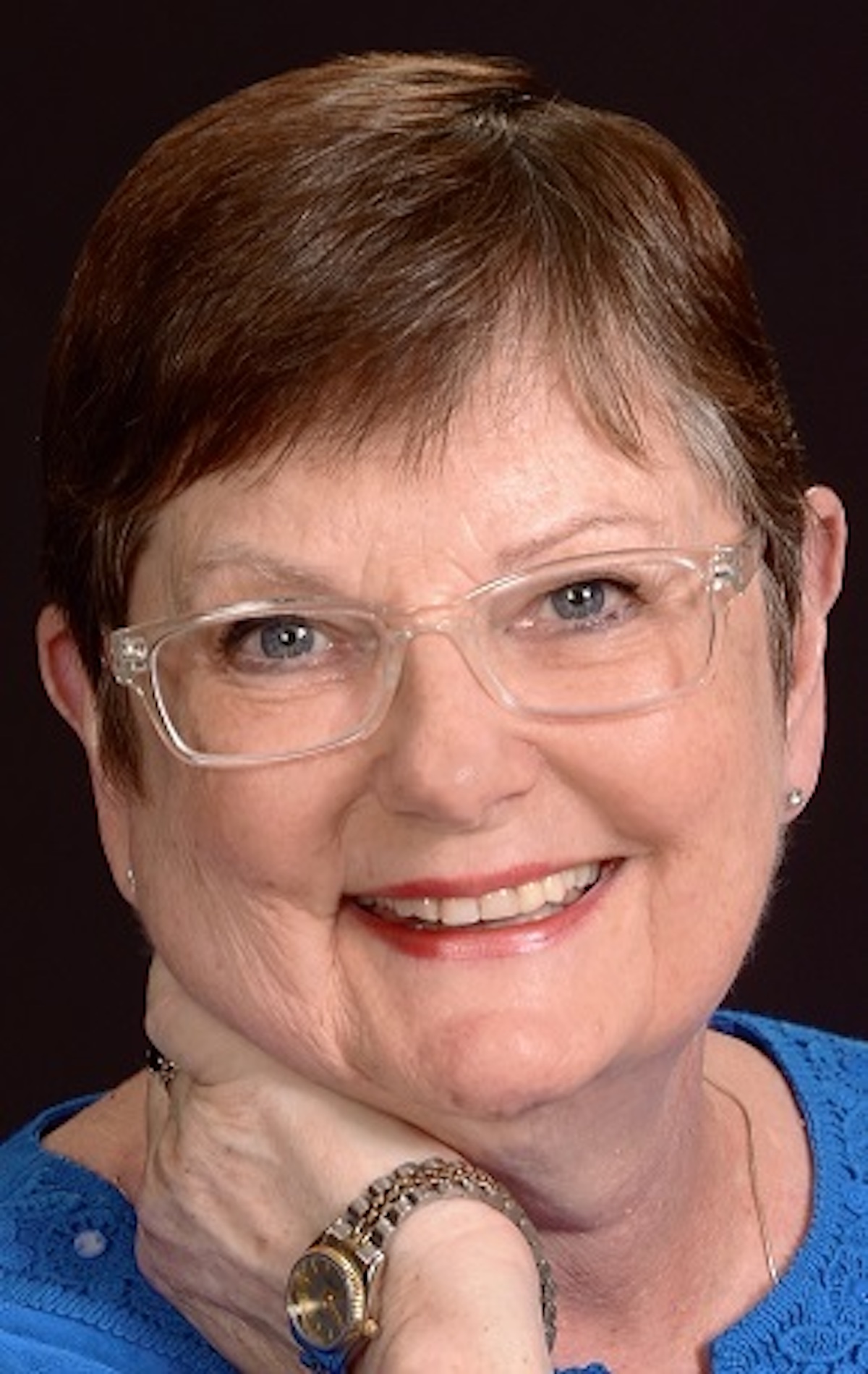David Taub
Most folks try to avoid appearing in a courtroom. Those who fail this test and consequently have experienced a day in court often find themselves in a Magistrate’s Court. On the totem pole of South Carolina’s unified judicial system, Magistrates’ Courts sit at the base; more than 90 percent of all cases are heard there.
State Sen. Tom Davis, a long-time friend, was sitting and chatting with me in my living room one afternoon in 2009. Out of the blue, Tom asked, “Mayor, how would you like to be a judge?” Startled, I replied, “Let me cogitate on that.” I gave it a quick thought, then said, “Let me see, ‘Judge Taub.’ Hell, that sounds good. Let’s do it.” Tom replied, “Consider it done.” Thus, began a challenging and exciting five-year sojourn as a Beaufort County Magistrate.
Before hearing cases, newly minted magistrates must attend “Judge’s School,” held at South Carolina’s Criminal Justice Academy in Columbia, with one week each studying Criminal/Traffic and Civil law. Three years of law school were crammed into our brains in two long intense weeks of terror — I knew how a goose must feel being prepared for foie gras. Magistrates get three chances to pass two examinations required for final certification; lawyers are exempt. Why? It is legend that an unnamed Chief Justice did not wish to know that attorneys boarded in South Carolina could not pass judge’s exams.
Magistrates generally focus on one area; I picked civil casework. Municipal courts don’t have civil jurisdiction so all civil cases where the monetary restitution level is under $7,500 are heard in Magistrate’s Court. I knew this would be challenging work, but fickle Lady Luck favored me in this mysterious enterprise — a very smart lawyer colleague, former Judge Beth Ann Prince, kindly guided me through the trials of climbing the Mount Everest of competent judgeship; her assistance is a debt of gratitude hard to repay.
Soon came my first day in court; I was excited and energized. Starting easy, my first cases would be “defaults.” All I had to do was get facts “on the record” and say simply, “Court finds for the Plaintiff.” That shouldn’t be too hard. Dressed in my iconic black judge’s robe, I strode authoritatively into a packed courtroom.
“Hear ye, Hear ye, all rise. Magistrate’s Court in session, Judge Taub presiding.” Everyone stood in unison as one.
As the Bailiff barked those words, I froze, my excitement suddenly melted by the blast-furnace of high-anxiety. I was scared and intimidated. Standing immobile, suddenly I realized I was soaking wet from an avalanche of sweat seemingly exploding from every pore in my overheated body. Holy moly, I was never so glad to be wearing a full-length robe, which successfully hid my anxiety-induced diaphoresis (fancy medical term for plain old sweat — doctors charge extra for using fancy medical expressions we pretend to understand but don’t).
Bailiff caught my eye, and motioned for me to sit down. I did.
I took deep breaths and absently moved some files around, never looking up. I saw the Bailiff motion to me again, to indicate attendees should be told to sit; they had remained standing respectfully throughout my humbling ordeal. I waved my hand; they sat as one. Not a propitious beginning to my new judicial adventure. That morning, the court served me a large piece of humble pie for lunch; I would have preferred a cold beer to aid its digestion. No one sat with me that day; I didn’t smell like “Irish Spring.”
Over the course of my five years as a Judge, I heard many cases, such as Small Claims, Breach of Contract, Torts (personal injuries), and Landlord-Tenant matters. “Small Claims” is a misnomer. The $7,500 limit on damages may seem small in the grand scheme of our judicial system, but to litigants, it is no small matter. Indeed, it might be the most important thing in their lives at that time. Fortunately, it did not take long to understand the gravity to folks who were standing before me, seeking fairness and justice. If I gained any wisdom while serving as a Magistrate, it was this: Each day as I entered the courtroom I reminded myself that what I was about to do was the most important thing to citizens appearing before me at “The Bench.”
Before the Residential Landlord-Tenant Act (RLTA), South Carolina laws were heavily weighted in landlords’ favor, because they were immunized against tort liability. In 1986, the South Carolina Legislature wished to eliminate existing laws favoring landlords. Passage of the RLTA leveled the playing field; it created tort liability as a tenant remedy, previously unavailable, to punish landlords who violated provisions of RLTA. Landlords could no longer do naughty things with impunity, such as turning off water, electricity or withholding “essential services.” If landlords act maliciously, they are subject to financial penalties. And tenants must maintain their premises or be subject to financial damages.
It is to Magistrate’s Court that landlords go to seek permission to evict tenants. Grounds for eviction include failure to pay rent, end of term of tenancy, and violation of lease contract. Paying rent on time is obligatory; the law grants tenants a five-day grace period, beyond which, if unpaid, landlords may request a “writ of ejectment.” If the judge finds for the landlord, the court must grant the writ within five days, and after service by a sheriff’s deputy, the tenant must vacate the premises, voluntarily or otherwise.
Magistrate’s Court was purposely constructed so that parties could represent themselves without hiring a lawyer. This is called pro serepresentation. Magistrates expect pro selitigants to be fully prepared to present their cases. I was amazed at how unprepared pro selitigants often were; and especially how laissez fairefolks were about their appearance in court. Dress like an adult; it shows respect for the court. In court, females’ attire should not share secrets of their anatomy; it offends Magistrates and such unveiled ladies may be compelled to adorn a court-provided very ugly sweater from the Dollar Store to keep those secrets unrevealed. Some judges have been known to expel an overly exposed lady from their courtrooms. I did so myself.
“All rise. Court adjourned.”
David Taub was Mayor of Beaufort from 1990-1999.





